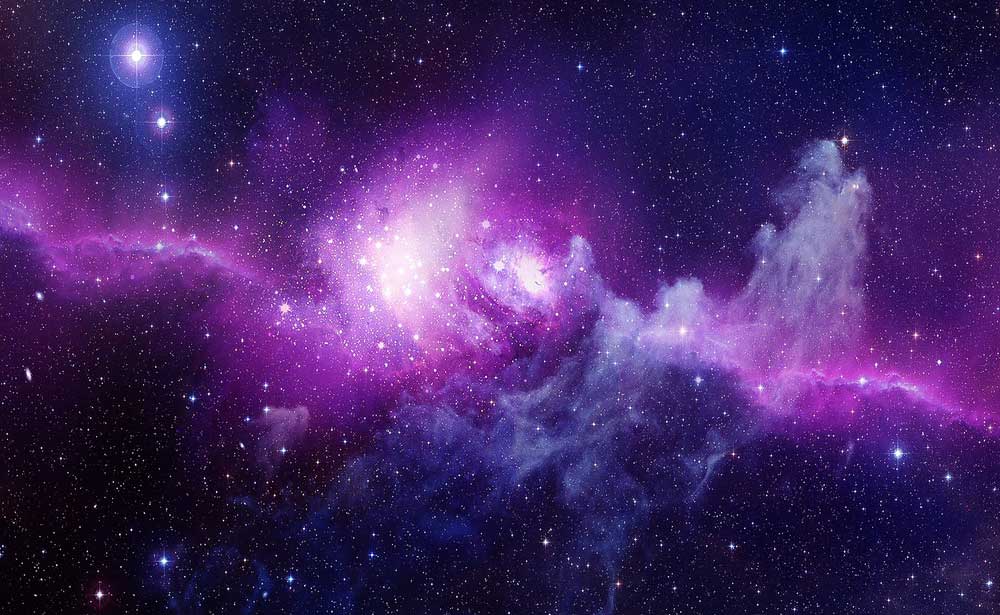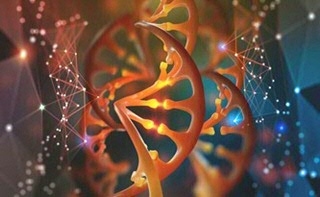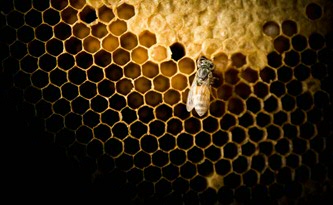EU awards COFUND grant for 18 Post-docs working on the Origin and Evolution of Life

The European Union has awarded a COFUND grant to a consortium of researchers from the universities of Groningen, Leiden and Eindhoven for a collective fellowship programme called ‘oLife’. The 6 M€ programme, which is co-financed by the participating universities, will recruit and train 18 post-doctoral fellows to conduct world-leading research on the origin and nature of life and its distribution in the universe. The Call for Proposals has opened on April 1st, 2019.
Interdisciplinary research on the origin and evolution of life
The origin and nature of life, and its distribution in the universe, are fundamental questions for humanity. Key questions revolve for instance around the formation of biomolecules, the emergence of life on planetary surfaces, the evolution of cellular functions, extra-terrestrial life and how life will cope with human-induced challenges. Within the oLife Fellowship Programme, the three-year postdocs will conduct interdisciplinary research with the aim to break new grounds in four scientific areas: (i) Planetary preconditions and boundary conditions of Life, and its origins here on Earth, (ii) Defining properties and synthesis of Life, from the molecular to the biosphere level, (iii) Modelling, predicting and steering of Life, (iv) Distribution of Life across the universe.

More than research
Next to their interdisciplinary research project, the 18 post-docs will follow a joint research and training programme, consisting of scientific lectures, academic and professional skills training, career guidance, and teaching and supervision of students. In addition, they will have the opportunity to go on secondments with leading industrial, academic and non-profit partner organisations of the oLife Fellowship Programme. The aim is to equip and prepare the post-docs for their further career, both within and outside academia.
Opportunity to work with prominent scientists
Within oLife, candidates may freely choose from a pool of 18 advisors and freely propose their research topic. This gives them the opportunity to work directly with top-level academics who have won prestigious prizes and grants, such as the Nobel Prize, ERC Advanced Grants and NWO TOP grants.
Embedding in the National Science Agenda
The oLife Fellowship Programme is funded by the European Union and the participating universities and research institutes. In addition, the programme collaborates closely with the Dutch national Origins Center (www.origins-center.nl), which is funded through the Dutch National Science Agenda (www.wetenschapsagenda.nl).

Call for Proposals is now open
Interested researchers are encouraged to apply for the Call of Proposals, which is now open until May 12, 2019. Candidates are requested to first submit a Preliminary Proposal. Eligible and successful candidates will be invited to submit a Full Proposal.
Participating research institutes and coordination
The oLife Fellowship Programme is a joint initiative by seven world-leading research institutes: TU/e Institute for Complex Molecular Systems, Groningen Biomolecular Sciences & Biotechnology Institute (GBB), Groningen Institute for Evolutionary Life Sciences (GELIFES), Kapteyn Astronomical Institute, Leiden Institute of Chemistry, Stratingh Institute for Chemistry and Zernike Institute for Advanced Materials (ZIAM).
The scientific coordinators of the programme are prof. dr. Wouter Roos (ZIAM) and prof. dr. Floris van der Tak (SRON/Kapteyn). The programme manager is Ms. Vanessa van Hest (ZIAM).

More information
For more detailed information about the research, the involved research institutes, prospective advisors and the training programme, please visit the website: www.olife-programme.eu.

| Last modified: | 04 April 2019 5.13 p.m. |
More news
-
25 April 2025
Leading microbiologist Arnold Driessen honoured
On 25 April 2025, Arnold Driessen (Horst, the Netherlands, 1958) received a Royal Decoration. Driessen is Professor of Molecular Microbiology and chair of the Molecular Microbiology research department of the Faculty of Science and Engineering at the...
-
24 April 2025
Highlighted papers April 2025
The antimalarial drug mefloquine could help treat genetic diseases such as cystic fibrosis, Duchenne muscular dystrophy, as well as some cancers.
-
22 April 2025
Microplastics and their effects on the human body
Professor of Respiratory Immunology Barbro Melgert has discovered how microplastics affect the lungs and can explain how to reduce our exposure.
